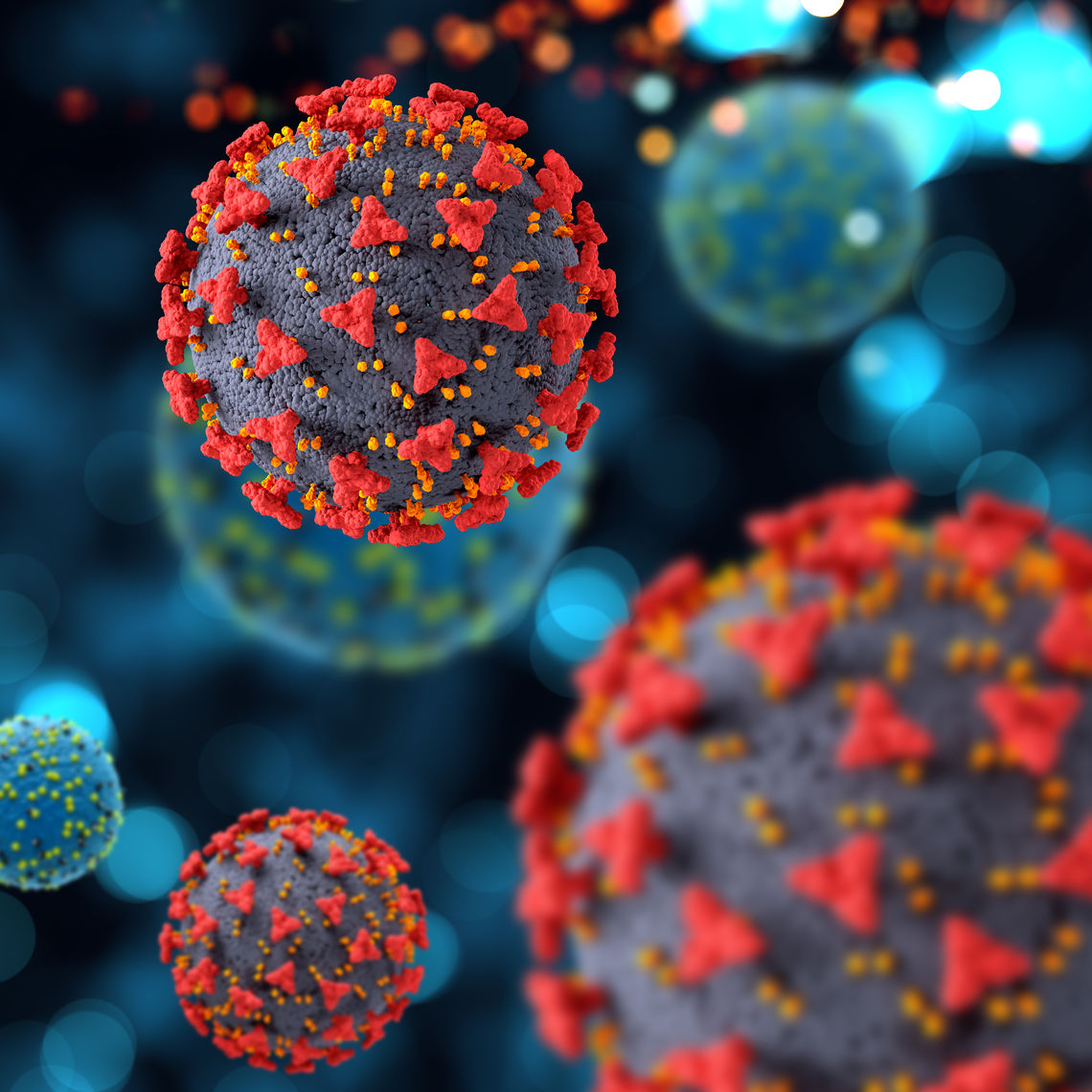
A consortium of private and public organisations, which includes MAX IV Laboratory & ESS, has come together with the aim to assemble and utilise a platform for rapid response to the current SARS-CoV-2 pandemic, as well as future threats.
The consortium, which consists of partners with complementary capabilities and in-depth expertise in structure-based drug discovery will leverage the partners' platform for accelerated drug discovery towards a “weak spot” in the Sars-CoV-2 virus replication machinery1. The effort is expected to result in novel candidate drugs specifically for treating Covid-19 patients, but it also represents a versatile tool for future and hitherto unknown threats.
The project team was put together by Dr. Wolfgang Knecht, Manager of LP3, the Protein Production Platform at Lund University. “I realised that Lund, due to the strong presence of academic and industrial infrastructure, has all the components for executing rapid drug discovery, and I am thrilled that we assembled such a strong public-private partnership in such a short time.”
Dr. Zoë Fisher, group leader for the Deuteration and Macromolecular Crystallization platform at ESS, emphasises, “It is great to see what the large-scale infrastructures ESS and MAX IV in Lund can achieve to tackle real world threats. With this collaboration we are in an excellent position to respond rapidly to the current pandemic and future threats.”
“I am excited to be able to put the newly established FragMAX platform at BioMAX beamline of MAX IV to action for such an important project,” Max IV's Dr. Vladimir Talibov adds.
Dr. Björn Walse, CEO of SARomics Biostructures said, “Our unique WAC™-screening platform, co-owned with Red Glead Discovery, has been validated through multiple assignments with clients. We are very happy to utilise WAC™ for the consortium to supportthis significant endeavour.”
The EVP of Red Glead Discovery, Dr. Martina Kvist Reimer joined in to say, “I strongly believe that LundaGUARD has huge potential to effectively address patients’ unmet medical needs for the current pandemic as well as other novel diseases.“
Except for the group of Prof Frank Kozielski at University College London (UCL), School of Pharmacy, all members are located in Lund, Sweden. Kozielski said, “I am very impressed by the presence of such strong capabilities in Lund and I am eager to collaborate within this important therapeutic field.”
The LundaGUARD consortium members are: LP3 at Lund University, MAX IV, ESS, Drug Discovery group at University College London, SARomics Biostructures AB and Red Glead Discovery AB.
1 Rogstam, A. et al. Crystal Structure of Non-Structural Protein 10 from Severe AcuteRespiratory Syndrome Coronavirus-2. Int J Mol Sci 21, doi:10.3390/ijms21197375 (2020).
2 Lima, G. M. A. et al. FragMAX: the fragment-screening platform at the MAX IV Laboratory. Acta crystallographica. Section D, Structural biology 76, 771-777, doi:10.1107/s205979832000889x (2020).
























